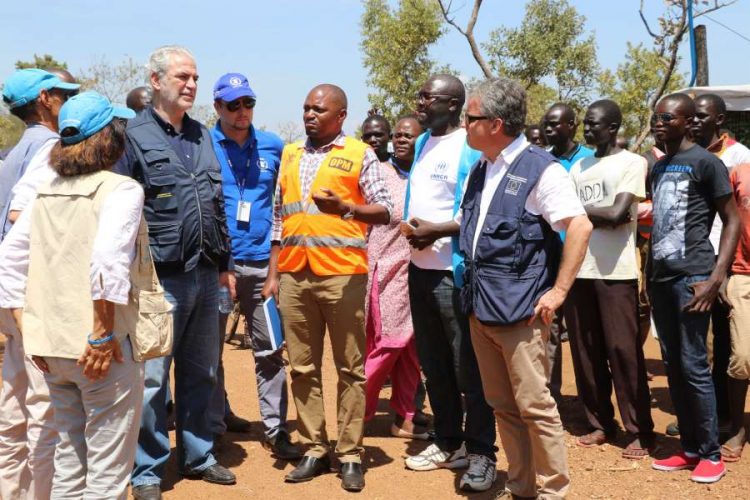Holding aid accountable
This project aims to map and analyse the moral and social dimensions of accountability as understood and practiced by civic and professional humanitarian aid providers in protracted crisis in Uganda, Somalia and Sri Lanka.
Since the 1990s, Western humanitarian organisations have increasingly been concerned with developing tools to assess the efficiency of aid delivery, to establish minimum standards and benchmarks for aid projects, and to communicate their organisational transparency and accountability to stakeholders.
In this Peace Research Institute Oslo (PRIO) blog, (Research Professor, PRIO) and (Department Manager, PRIO) argue that if humanitarian accountability is to become less of a box-ticking exercise and more of a mechanism to enhance the quality of aid delivery, we need to recognise that responsibilities and expectations develop out of specific relations and not out of operational guidelines.
This blog post is based on the PRIO report “Broadening the Concept of Humanitarian Accountability”.
You can also view a roundtable discussion where Anstorp and Horst briefly present this report, after which Thomas Qviller (Senior Humanitarian Advisor, CARE) and Zeina Bali (Director of civic organisation, Masahat) provide their comments and reflections on the report. A debate is then moderated by Marta Bivand Erdal (Research Director, PRIO).
